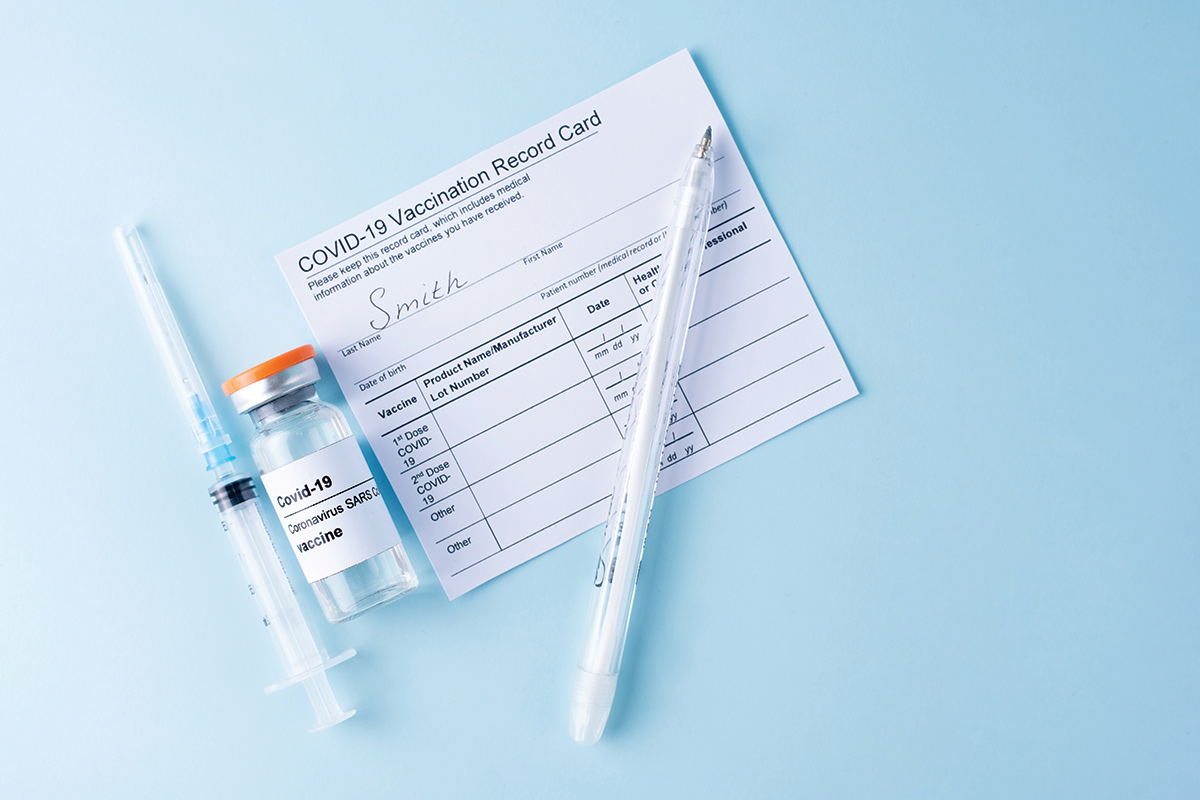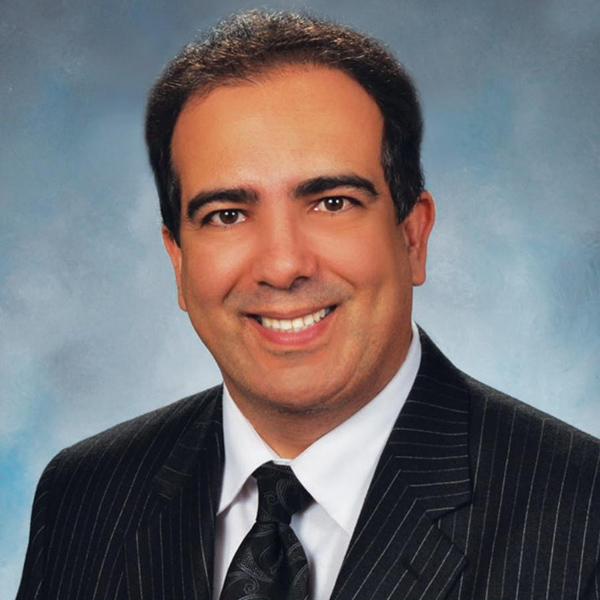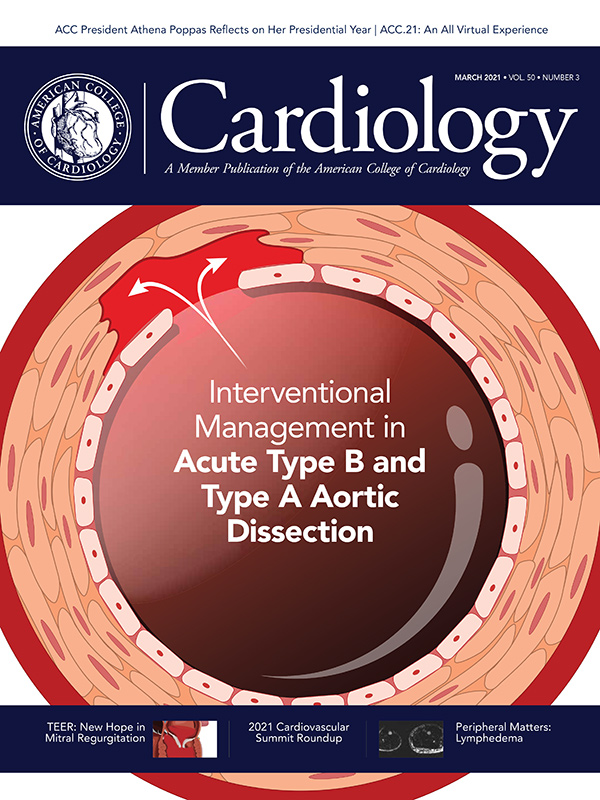Lessons in Leadership | Making a Difference: Helping the Most Vulnerable With COVID-19 Vaccines

Humanity has experienced a once-in-a-lifetime pandemic. Surfacing first as a small report on a mysterious disease in one of China's provinces, COVID-19 soon became major news affecting everyone worldwide: rich and poor, elderly and young, the mighty and feeble. Ethnic minorities have experienced a much higher rate of mortality from the virus. In California, data show that 55.1% of COVID-19 positive patients are Hispanic, and they account for 46% of total related deaths. Blacks comprise just 4.1% of those with COVID-19, but 6.2% of the total related deaths. Making matters worse, only 2.8% of the Black population in the state have been vaccinated. It is evident there are health care inequities among specific patient populations.
My Outreach to Provide COVID-19 Vaccination
I have a solo practice with three advanced practice providers that is considered a small business. In my practice, 40% of patients are Hispanic and 15% are Black. I was fortunate to be able to secure vaccines for COVID-19 through public health sources and I offer them to my patients and others, with an emphasis on our patients who are over 65 years and Hispanic or Black.
This process was inspired by my upbringing in the Baha'i faith, which prioritizes service to humanity and achieving world peace. I recall a quote from the Baha'i writings: "Be anxiously concerned with the needs of the age ye live in and center your deliberations on its exigencies and requirements."
How did our process work? First, as soon as there was news that vaccines were going to be available, we sent all the necessary paperwork to register our practice. Second, we vaccinated our staff. Then we blasted an email to all our patients over 65 to tell them we had vaccines. My staff spent a full weekend day outside of normal hours to set up our office to administer vaccines smoothly and efficiently.
We created a vaccine-dedicated phone line. Anyone over 65 years could call, whether or not they were our patient. On confirmation of their eligibility for the vaccine, we asked if they needed free transportation. My 13-year-old son, Kevin, had started a GoFundMe page after seeing the news and hearing from his grandmother about the many elderly who have difficulty getting to vaccination centers. He has raised close to $10,000 to help provide transportation and arranges vouchers with Uber and local limousine services to provide transportation for many of these older people in need. Thanks to Kevin's fundraiser, everyone who was given an appointment had access to transportation.
Once at the practice, no one had to wait more than 10 minutes to receive their vaccine. We had set up separate rooms to monitor patients for at least 15 minutes after the vaccine for possible reactions. Then they were discharged home. We did not charge any fees. We wanted to remove all roadblocks to getting patients vaccinated. Yes, we may absorb some loss, but in the long run it will save lives, and it will not break my practice.
Given our focus on reaching minority populations, we called county supervisors to get some leads and reached out to church leaders and pastors so they could inform their members. We also informed local primary care doctors with predominantly Black populations and contacted community medical centers with larger minority populations. To further educate the population about COVID-19 vaccination and preventive medicine, we collaborated with the local Baha'i community development program to hand out brochures, inviting people to a health fair on Zoom about COVID-19, women's health, and heart health.
One lesson learned: it is extremely important to have a backup generator at your office. A few nights prior to the vaccinations, I was informed through my security system that there was a power outage. Knowing the vaccines must be kept at low temperatures, I went at 4:20 a.m. to the office to transport the vaccines in a cooler to another refrigerator, using a special thermometer to monitor the temperature to make sure it remained within the required range. Immediately we ordered a generator.
We received numerous calls from people under 65, hoping to "jump the line" to get vaccinated. Yet it is extremely important to remain steadfast and firm. Some younger patients would ask if they could get vaccinated if vaccines were going to be wasted. We educated them that we already had age-appropriate patients on a waitlist, and if we had any cancellations, we immediately called waitlisted patients. Ultimately, no vaccines were wasted and we were able to vaccinate appropriate patients.
My entire hardworking staff was immensely gratified to provide this vital service to those in need. Beyond administering vaccinations, we had another goal: to gain the trust of our minority patients. Many minority populations are wary about getting the COVID-19 vaccine. Yet they need to trust their doctors first and foremost. Our intent was to have patients lead by example, get their own shot, and educate others about its safety.
Today, a Black patient of mine admitted she got the vaccination without letting her family know because they do not trust it. After she gets her second shot, she will tell them, and convince other family members to get their shots too. I applaud this woman for being a trailblazer for her family and community. We need to empower local and community leaders to educate others as well.

This article was authored by Ramin Manshadi, MD, FACC, immediate past president of ACC's California Chapter, and president of Manshadi Heart Institute. He is an adjunct professor at Stanford University and clinical professor at UC Davis.
Clinical Topics: Cardiovascular Care Team, COVID-19 Hub, Heart Failure and Cardiomyopathies, Prevention, Acute Heart Failure
Keywords: ACC Publications, Cardiology Magazine, COVID-19, Public Health, Temperature, Patient Discharge, Thermometers, Myocarditis, Electronic Mail, African Americans, Small Business, Universities, Pamphlets, Pandemics, Workplace, Goals, Health Fairs, Heart Failure, Private Practice, Vaccination, Delivery of Health Care, Hispanic Americans, Thrombosis, Nuclear Family, Trust
< Back to Listings


